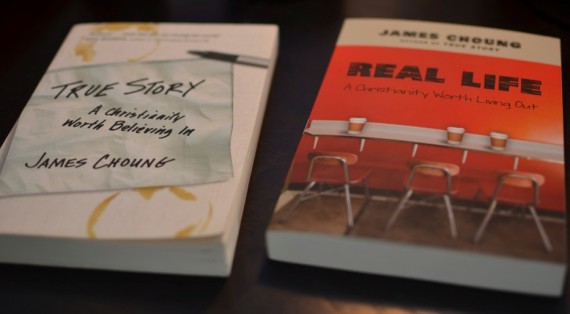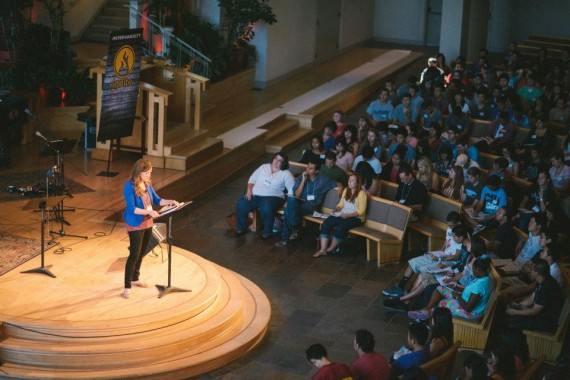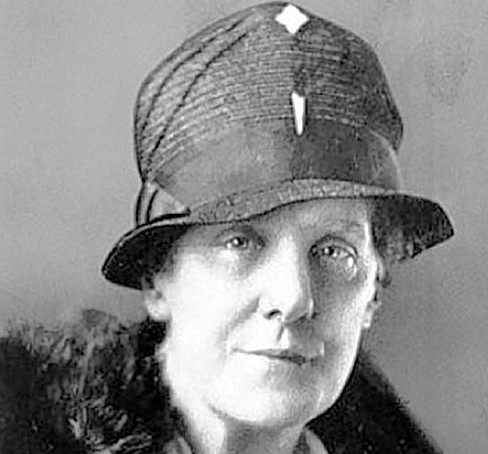
My new book, Real Life: A Christianity Worth Living Out, has just been published by InterVarsity Press!
As for practical takeaways from Real Life, it offers generational insights — particularly the differences between Generation Xers, Boomers and Millennials — and how it shapes our disciple-making. It also offers a disciple-making model that attempts to incorporate many values into one helpful flow.
“Real Life turns disciplemaking on its head, fusing together elements that have normally been separate — evangelism, spiritual formation, community and mission — into one great model that could easily be applied and multiplied. To make disciples today, this book is a valuable resource to get us started,” – Alan Hirsch
Others have given similar, positive remarks as well.
True Story
It’s been four and a half years since True Story: A Christianity Worth Believing In was released, and I’ve been humbled by the immense response to four hand-drawn circles. A huge thanks to everyone who helped to get that book out.
Here is a look at the four circle diagram if you haven’t seen it.
[tentblogger-youtube kCVcSiUUMhY]
I know that I might risk sounding a bit brazen, but I hope that you hear only my excitement about what God is doing through the book so far. We, in San Diego InterVarsity, created the material to reach Southern California college students, and I’ve been surprised by its international appeal. It’s been used to introduce people to Jesus and His message on every inhabited continent. (I don’t know, nor think it probably, that anyone has taken it to Antarctica.) And so far, it has been translated into Korean, Mongolian, Polish, Thai, Mandarin, German and Spanish.
It’s also spread to the evangelism curricula for denominations and national campus ministries, and has been reported on by Christian media outlets such as Christianity Today, Leadership Journal and JCTV. It’s been shared with seminary students in New England, lakeside villagers in Malawi, college students in Texas, house churches in China, youth in Australia, megachurches in Orange County, inmates in Fresno, slum dwellers in Thailand, and gang-bangers in Boston — one even tattooed the fourth circle on his bicep! One chaplain of a county jail thought it would help reduce the recidivism rate, giving inmates not only a vision of what they’re forgiven from, but what they’re forgiven for.
I’m thankful to God. It’s been His doing.
Now, four and a half years later, Real Life is finally out. From this vantage point, I see that both books are about disciple-making: if True Story communicated a vision of faith for people who don’t yet follow Jesus, then Real Life does the same with those who have already started. Real Life seeks to help people become like Jesus, as I learned from folks at 3DM,
“to do the things he did for the reasons he did them.”
True Story and Real Life actually share a common lineage: they are popularized versions of first and second halves of my dissertation on postmodern leadership development. True Story gave the theological ground for Real Life’s disciple-making model. So Real Life is a true follow-up, and I’m glad it’s finally in print!
It’s available for pre-order at Amazon — both in paperback and Kindle formats — but you can get it shipped to you immediately from InterVarsity Press if you can’t wait. And if you liked it, please consider offering a short review at Amazon. It might not seem like much, but every review was is enormously helpful in persuading others to see what this book is all about.
I hope that you enjoy reading Real Life, and that it gives you the tools necessary to help empower others to do what Jesus did for the reasons he did them.











